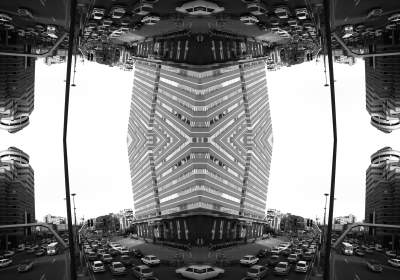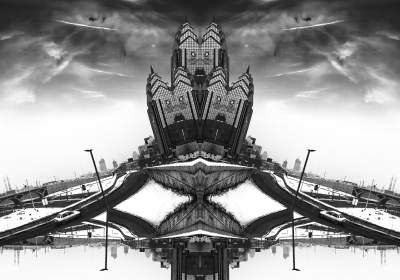Disappointment
Apparently, the more our architecture becomes complex, the more we fail and experience
more feelings of sadness, helplessness, and hopelessness in ourselves. Meanwhile, there is a
strange link between our helplessness and mathematical order. There are several symmetrical things in every single widget and this symmetrical world has the feeling of anxiety and “Disappointment”
- 01
- 02
- 03
- 04
- 05
- 06
- 07
- 08
- 09
- 010
- 011
About the disappointing exhibition in Akasse Magazine
Disappoint is traced to the Middle English disappointen by way of the Old French desapointer. In literal meaning, it is to remove from office.[6] Its use in the sense of general frustration traces to the late 15th century, and it first appears recorded in English as an emotional state of dejection in the middle 18th century
Disappointment is a subjective response related to anticipated rewards.
Frustration, and an inability to prepare for it, have also been hypothesized as the source of occasional immune system compromise in optimists. While optimists by and large exhibit better health, they may alternatively exhibit less immunity when under prolonged or uncontrollable stress, a phenomenon that researchers have attributed to the “frustration effect”. The “frustration effect” posits that optimists do not utilize “emotional cushioning” to prepare for frustration and hence are less able to deal with it when they experience it. This frustration effect has been challenged since the mid-1990s by researcher Suzanne Segerstrom, who has published, alone and in accord, several articles evaluating its plausibility. Her findings suggest that, rather than being unable to deal with frustration, optimists are more likely to actively tackle their problems and experience some immunity compromised as a result.
For more research on the word “Disappointment“, refer to this link: https://en.wikipedia.org/wiki/Disappointment










